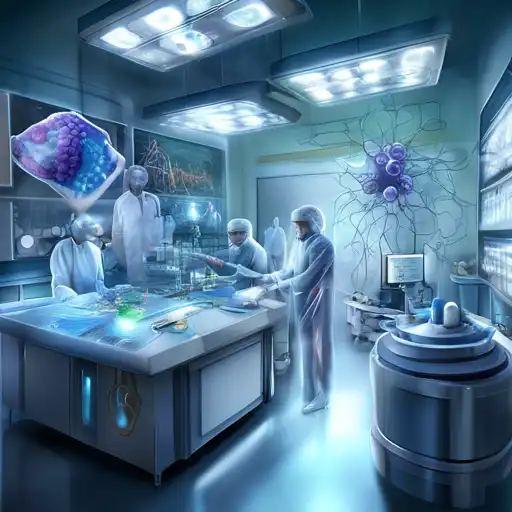Introduction to Nanotechnology in Medicine
Nanotechnology, the science of manipulating matter at the atomic and molecular scale, is set to revolutionize the medical field. With its ability to operate at the same scale as biological molecules, nanotechnology offers unprecedented opportunities for diagnosis, treatment, and prevention of diseases. This article explores the groundbreaking advancements and potential of nanotechnology in medicine.
The Promise of Nanotechnology in Healthcare
Nanotechnology in medicine, often referred to as nanomedicine, involves the use of nanoparticles to deliver drugs, heat, light, or other substances to specific cells in the body. This precision targeting minimizes side effects and maximizes therapeutic effects, heralding a new era in personalized medicine.
Key Applications of Nanotechnology in Medicine
- Drug Delivery: Nanoparticles can be engineered to deliver drugs directly to diseased cells, reducing the impact on healthy cells.
- Diagnostic Techniques: Nanotechnology enhances imaging and diagnostic tools, allowing for earlier and more accurate detection of diseases.
- Regenerative Medicine: Nanomaterials are being used to repair or replace damaged tissues and organs.
- Cancer Treatment: Targeted nanoparticle therapies are showing promise in treating various types of cancer with fewer side effects.
Challenges and Ethical Considerations
Despite its potential, the integration of nanotechnology into medicine faces several challenges, including safety concerns, ethical issues, and regulatory hurdles. Ensuring the biocompatibility of nanomaterials and addressing public concerns are critical steps toward widespread adoption.
The Future of Nanotechnology in Medicine
The future of nanotechnology in medicine is bright, with ongoing research paving the way for innovative treatments and therapies. As we overcome current limitations, nanomedicine could become a cornerstone of healthcare, offering solutions to some of the most pressing medical challenges.
For more insights into the future of healthcare technology, explore our articles on the future of healthcare and innovations in medicine.
Conclusion
Nanotechnology in medicine represents a paradigm shift in how we approach healthcare. With its ability to target diseases at the molecular level, nanomedicine offers hope for more effective, less invasive treatments. As research progresses, the potential applications of nanotechnology in medicine are only limited by our imagination.
